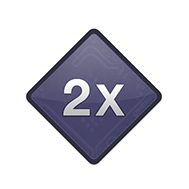Today Heroku is rolling out one of the most significant upgrades ever to our Postgres Database-as-a-Service. This new release is focused on a set of services that run on top of your Heroku Postgres database, making it easier to understand and operate, especially at scale. In addition, we are rolling out new production database plans with double the memory and 2-3 times the performance of our existing plans at the same cost to you.
These features represent a new experience for our Postgres service, which we collectively call DbX, for database experience. The highlight of these new features is Performance Analytics, a set of analytics and visualization tools that allow you to understand...



 Today we are making PostgreSQL 9 available to all Heroku users through our public beta program. It is offered as a dedicated database with...
Today we are making PostgreSQL 9 available to all Heroku users through our public beta program. It is offered as a dedicated database with... Today Heroku is releasing an update to our dedicated database service.
Today Heroku is releasing an update to our dedicated database service.